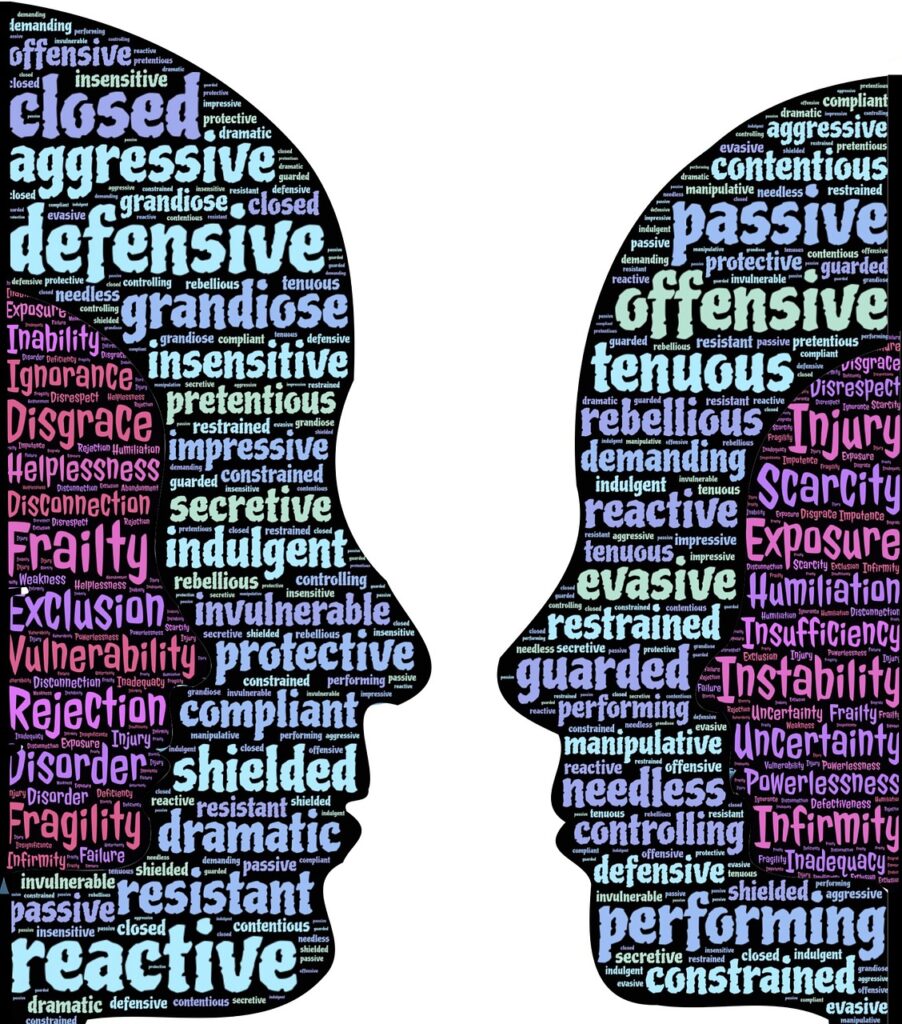Table of Contents
What is Behavioral Science?
Behavioral science, as a field of study, aims to understand humans and their social interactions. It studies human behavior, mainly how human emotions, the surrounding environment, and their social interactions influence their decisions. As a discipline, it is a broad field encapsulating many sub-fields.
“Behavioral Science is the cross-disciplinary, open-minded science of understanding how people behave. It cross-fertilizes and brings closer together insights and methods from a variety of fields and disciplines, from experimental and behavioral economics to social and cognitive psychology, from judgment and decision-making to marketing and consumer behavior, from health and biology to neuroscience, from philosophy to happiness and wellbeing research”
The field has been continually growing. An applied understanding of behavioral science can positively impact decision-making, whether in public policy, commercial marketing (product design), or personal habits. Since human irrationality depicts “predictable patterns,” once we learn to understand them, we can use them to design settings that help people make better decisions and, in turn, a better society. A degree in behavioral science can give you the tools you need to understand and address social problems and improve the human condition.
What do Behavioral Scientists Do?

Career options in this realm largely depend on the range of subjects chosen by a student within the broader discipline of behavioral science. Behavioral science studies human behavior, specifically how humans make decisions in the real world. It encapsulates multiple fields of study, including cognitive neuroscience, psychology, economics, and the behavioral aspects of biology, law, psychiatry, and political science.
Understanding human behavior can apply to many careers as it pulls together all the research in social psychology, neuroscience, and behavioral economics. A degree in behavioral science prepares you to work in human services, education, law enforcement, counseling, or health services management.
How Much Do Behavioral Scientists Earn?
A behavioral scientist’s salary depends on The role and the candidate’s experience portfolio. However, if we look at median wages; The national average salary for a Behavioral Scientist is $39,174 in the United States, C$73,000 in Canada, and roughly £23,000 in the United Kingdom.
How to Become a Behavioral Scientist?
A behavioral science degree can take various paths; each has a variety of degrees under each discipline. For example, social psychology and cognitive theory would come under neural-decision sciences while anthropology, organizational ecology, behavioral Economics & finance, etc., are clubbed under the social-communication sciences discipline.
There are multiple options available for academic training in the field, from online courses to extensive Ph.D.-level research.
Once enrolled, along with current theory and practice in behavioral science, you’ll study courses linked to sociology, psychology, research, statistics, human development, and human services. In most cases, there might be minimum CGPA requirements (vary from program to program). For some master-level degrees, an internship or other hands-on experience would be required.
Online Programs
Online course providers such as Coursera, edX, and others offer both free and paid courses that can help you acquire basic-level knowledge. These courses include behavior economics, buyer behavior, market economics, consumer neuroscience, etc.
Certification / Executive Education
Many business schools, namely Harvard Business School (Executive Education), University College London (UCL), and Columbia Business School, provide various online options for full-time on-campus courses.
The Duration and Fee structure for courses at this level varies greatly. The program at Columbia Business School is for two weeks and cost $4,950. The UCL program comprises 30 hours of learning (divided into seven sessions) and Costs £2,500.
Bachelor of Behavioral Science.
These programs generally take two to four years to complete. Students interested in a Bachelor’s degree program would require a high school diploma and specific ACT or SAT scores.
Students enrolled in a bachelor’s degree program in behavioral science learn how to analyze human behavior and interactions. Some bachelor’s degree programs focus entirely on a particular application of the field and prepare graduates for further study in social work, sociology, or psychology. Some courses may also allow students to conduct research projects.
Many Universities in the US, UK, Canada, and Australia offer Bachelor’s Degrees in Behavioral Sciences. The Bachelor of Science in Behavioral Science at Bellevue University, Nebraska, promises to explore the effects of human actions and relationships between people in the family, workplace, and society. The program aims to blend concepts and theories from psychology, sociology, and counseling. Students also get to examine topics like ethics, treatment strategies, and multicultural diversity. The current tuition is $425 per credit.
Another program offered by Kansas University: the Bachelor of Arts in Applied Behavioral Sciences, offers six specialty areas. All students learn to examine and address critical social problems across the lifespan. The curriculum aims to apply behavioral science knowledge to improve the human condition through prevention and intervention. The graduate school tuition rate for this coming academic year is $667 per credit hour.
The fee for a similar bachelor’s degree in the UK (3-4 years) costs about £9,500 per year for UK/EU residents and £21,570 per year for overseas students.
Master and Ph.D. Degree Programs
Those who choose to pursue higher-level degrees such as a master’s or a Ph.D. choose an area of emphasis and dig deeper into the specialization. For example, a student choosing applied behavioral science focuses more on research methodologies, behavior assessment, evaluation, and intervention. Whereas, if a student opts for gerontology, he/she would be concerned with studying community and aging issues.
Some general requirements for admission in any master’s program are a bachelor’s degree in a related field and satisfactory GRE scores. Students with strong backgrounds in upper-level math and science courses get an added advantage. A few programs would prefer students with some prior field experience. Graduation from most programs at the master’s level requires the completion of a thesis.
The tuition fee for a 16-month master’s degree in behavioral science from the London School of Economics is £35,433.
Behavioral Decision Science MSc at Kingston University London aims to learn how to apply psychological insights into human behavior to explain how, when, and why people decide. The program has both full-time and part-time options. The full-time program is spread over one year of study and costs £9,430 for UK/EU residents and £15400 for overseas students. A similar program (12 – 18 months) from The Harvard T.H. Chan School of Public Health costs around $60,000 – $65,000 per year.
A master’s degree also provides graduates with the foundation work to do a Ph.D. Some possible career options for graduates include Gerontologists, Applied behavioral scientists, and Neuro-marketer, etc.
Those who aim for college-level research or academic careers would most probably need to obtain a doctoral degree. Doctoral degrees require the completion of a more extensive dissertation. Additional prerequisites for Ph.D. programs include a statement of purpose, published papers, a personal interview, and a master’s degree for some programs.
A Ph.D. in Behavioral Science is research-based and introduces students to advanced study in behavior analysis. Some field programs have a public health option, while others are more focused on applied behavioral science. Core courses emphasize the foundations of behavioral science and cover common approaches to research and experiment design. Some elective courses are also required, but the most significant aspect is the completion and defense of a dissertation.
Those with a Ph.D. in behavioral science can go on to become educators and researchers in the field. Many of them find jobs in the health services sector, working as counselors or behavioral health coordinators. Others pursue a more business-oriented Ph.D. program in behavioral science and work in the non-profit or private sectors.
















